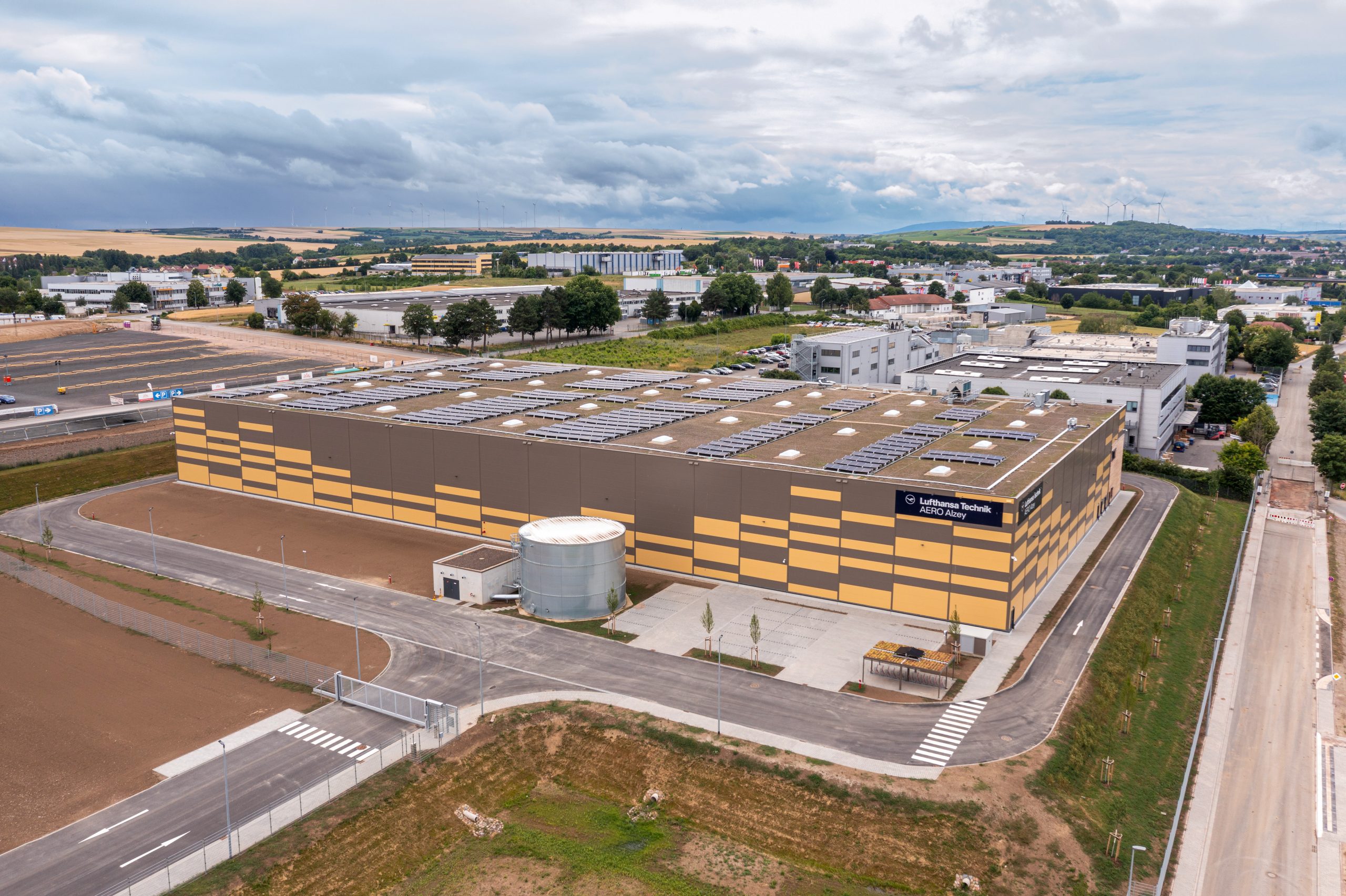Savills takes a look at the German real estate market in his current spotlight:
The German real estate market is undergoing a profound change. After the end of the zero interest rate environment, a new market cycle is just beginning, but it is fundamentally different from its predecessor. This is the core message of the current Savills study “Rethinking: An outlook for the German real estate market”, which formulates two central theses: First, there will be no new “supercycle”. Secondly , the new cycle begins as the last in a fundamentally changed social and technological reality, which brings with it completely new demands on real estate market players.
No new supercycle in sight: Asset management takes center stage
The last real estate market cycle benefited from a unique combination of strong population growth, a thriving economy and falling interest rates – and thus became a “super cycle”. According to the Savills experts, such a constellation will not be repeated in the foreseeable future.
“The golden zero interest rate era for real estate market players has not only enabled exceptionally high returns, but also masked many structural risks. Those days are over,” says Draženko Grahovac, CEO Germany and Head of Valuation Europe at Savills. “In the new cycle, rental income will once again be decisive for the performance of real estate investments – sharp declines in interest rates as a driver of returns will be a thing of the past. This increases the value of good asset management.”
Performance differences are increasing: Targeted capital allocation is rewarded with excess returns
The changed environment not only increases the importance of rent, but will also significantly increase the differences between individual real estate locations and segments. While the yields of various sectors and locations in the zero interest rate environment have converged sharply due to yield compression, the dispersion will be greater again in the future, according to Savills.
“For investors, this means that it is no longer enough to simply be invested in the market,” explains Karsten Nemecek, Deputy CEO Germany and responsible for Capital Markets at Savills. “In the future, an investor’s total return will again depend much more on his investment approach and the specific composition of his portfolio. Investors with a smart capital allocation will be rewarded with correspondingly higher returns.”
New socio-technological environment polarises markets
In addition, the new cycle starts in a socio-technological environment that has changed rapidly over the last decade and a half. ESG requirements, digitalisation, working from home, online trading and the use of artificial intelligence are increasingly shaping the real estate markets.
“Technological and social developments are changing the demand for space and user needs – and they are polarizing the markets. More and more properties no longer generate any income at all or are difficult to sell, while the best properties yield ever higher returns. For owners and investors, this increases the requirements for market analysis, on the basis of which they can then make suitable asset management or investment decisions,” explains Matthias Pink, Head of Research Germany at Savills.
Change from goods to services holds additional earnings potential
The increasing user requirements can be met less and less by simply renting out space. Instead, service is playing an increasingly important role, as the advance of operator concepts across all types of use in recent years shows. “Real estate is changing from a commodity to a service – and this change holds additional earnings potential for those owners and investors who make corresponding offers to their users,” Pink believes. In general, the demands on owners and investors are increasing: “From market analysis to exit, the new market environment requires an even higher degree of competence than before in order to be able to make profitable real estate investments in the future,” concludes the Savills study.
Here you can find the complete spotlight.

